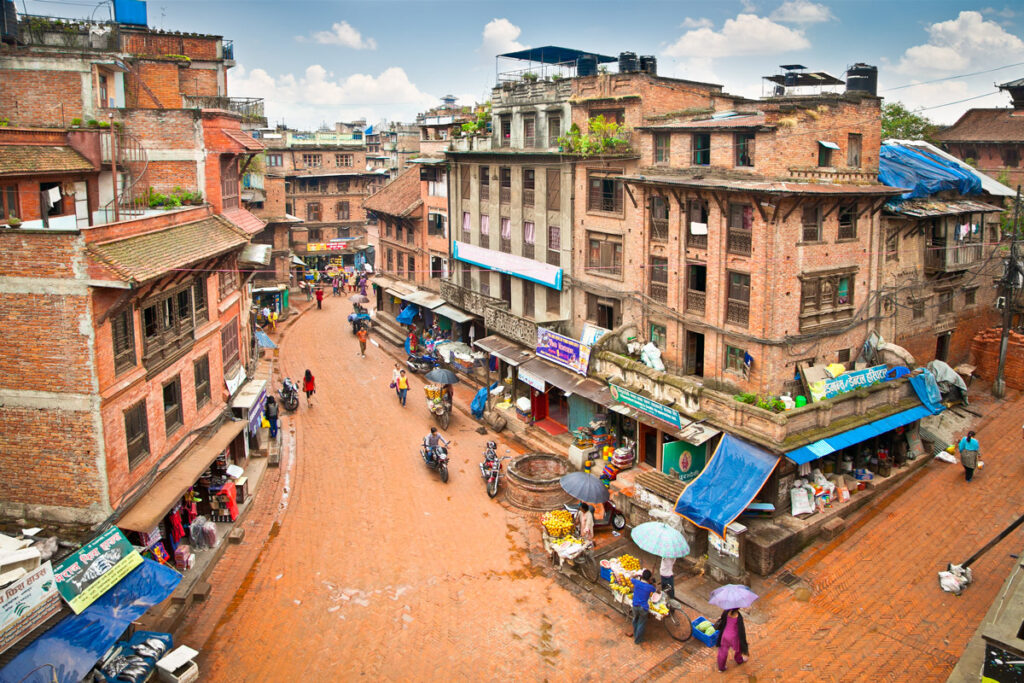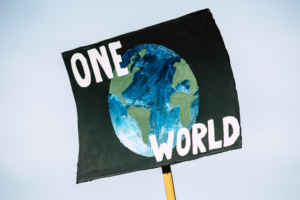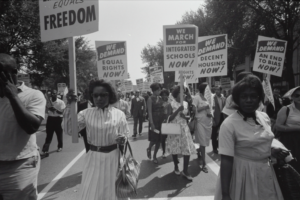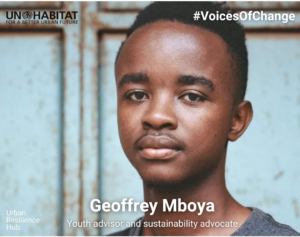City WORKS, a digital toolkit that helps localise the 2030 agenda, is changing governmental structures in Nepal and building local partnership to increase resilience in cities across the country.
Nepalese urban areas have been marked by considerable administrative changes over the past decade and many have struggled to build resilience, partly owing to a lack of continuity. In response, sixteen municipalities in provinces across Nepal used the City WORKS approach to address this challenge through partnerships, and plan for a more resilience future.
Nepal’s local governments exercise comprehensive functions related to service delivery and development and play a central role in implementing the SGDs. Although highly committed, local governments require support to fully implement the necessary reforms and become more effective and fully functional, in particular they require strategic guidance to prepare the extensive reforms at the national and local levels required to realise the 2030 agenda.
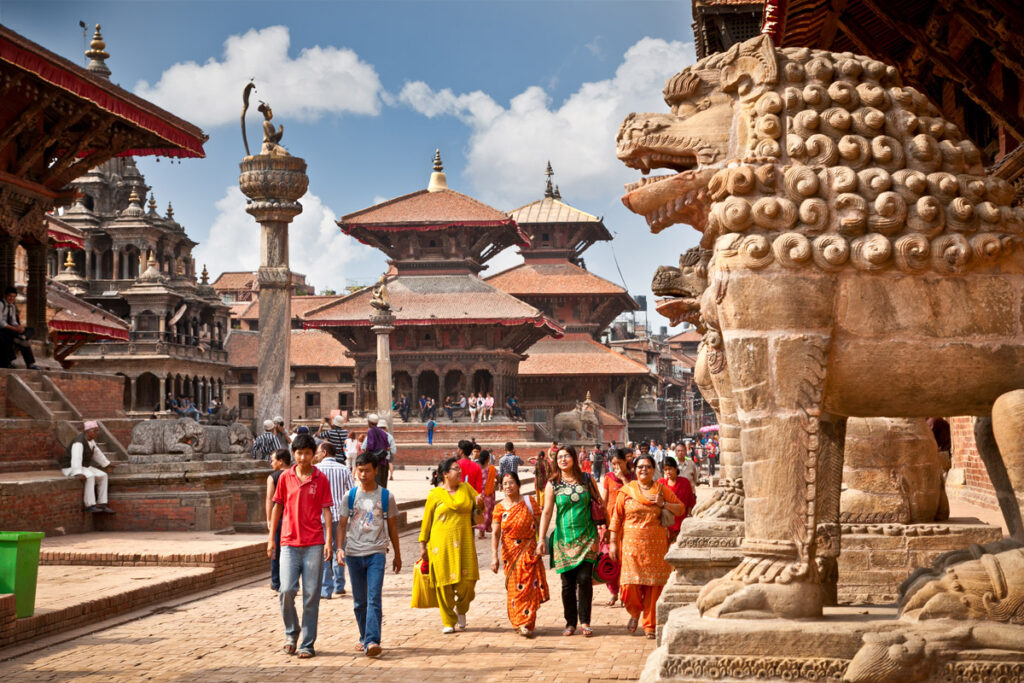
Image: Nepal’s Local governments are central in providing services and developing and implementing the Sustainable Development Goals © Aleksandar Todorovic.
The project ‘Strengthening the decentralised government structure in Nepal’, or Capacity Development Support to Governance (CD-SG) is strengthening inclusive service provision in target municipalities. Funded by the German Federal Ministry for Economic Cooperation and Development (BMZ) and implemented by Nepal’s Ministry of Federal Affairs and General Administration (MoFAGA), the project is using the City WORKS approach to integrate the SDGs in the 7-step local planning process and support inclusive service delivery in different sectors.
The City WORKS approach is being used to review and adapt project activities and processes to facilitate local-level planning and inclusive service delivery, all with the aim of linking them to the SDGs. Following initial scoping and internal capacity development sessions in the cities, workshops with the project team were convened to train on the overall City WORKS’ methodology. This step created a detailed application structure and roadmap for implementation on the ground. In parallel, a readiness check was conducted with mayors and municipal representatives, resulting in a final selection of three municipalities to participate in the project: Dhangadhi, Nepalgunj & Bheriganga.
The main target group for the initial awareness-raising workshops in the selected municipalities were senior officials, but non-state actors, including donor organisations such as UNDP, also participated to create a common understanding of the process. In Dhangadhi, for example, two-day workshops were conducted with civil society and private sector representatives and municipal staff. A task force was then established to review existing efforts within municipality in terms of the localisation of SDGs. This step focused on understanding the indicators and monitoring mechanisms for selected goals and targets, as well as identifying gaps and areas of interventions to minimise these gaps. Participants performed a detailed stakeholder analysis and cause-and-effect mapping, as well as an exercise to link identified potential strategies for the localisation of the SDGs to new intervention areas with their current Periodic Plan, Mid-Term Expenditure Plan & Annual Plan. Through this process, a localisation action plan for the municipality was then drafted and reviewed. The refined document was presented in the municipal executive council for approval, after which activities were initiated.
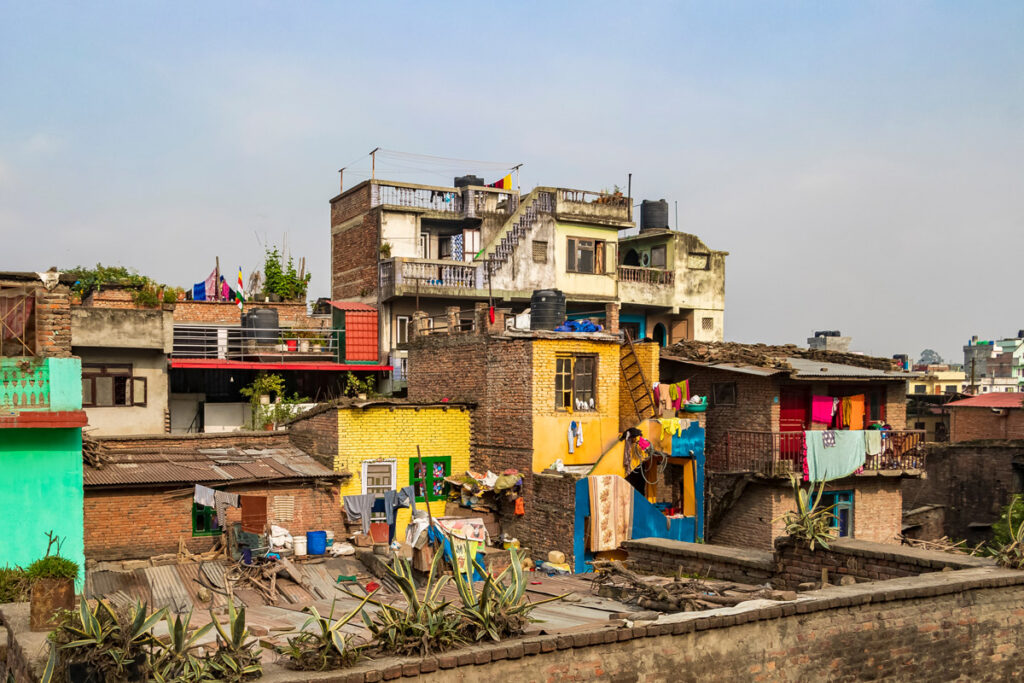
Image: Over the past decade, Nepal’s urban areas have been characterized by significant administrative changes, and many people struggle to build resilience, partly due to the lack of continuity © Aleksandar Todorovic.
From these experiences, several lessons can be drawn: the creation of multi-disciplinary taskforces within city administrations is a successful way to lead processes, particularly under the guidance of a steering committee headed by the City Mayor. This is an effective approach to building ownership for the localisation process from the very beginning.
City WORKS is an interlinked toolkit that helps cities realizing, analysing and tackling the implementation of global agendas locally. For this, it offers a targeted step-by-step process to support a vertical integration of global agendas on the local level. Besides the context of the 2030 Agenda, it is addressing the principles of ‘Leave No One Behind’ while broaden it up to ‘Leaving no place behind’. City WORKS enables municipal actors to:
- Recognize the relevance of global agendas for local development
- Identify and analyze specific needs for action
- Develop and prioritize options for action
- Identify and mobilize relevant actors and resources for implementation.
With the implementation of global agendas on local level, City WORKS supports a city through its sustainable transition which increases the city resilience regarding climate change impacts. City WORKS aims to integrate existing tools to make the most effective use of synergies and to combine them with further innovative methods. Moreover, it offers a process guide that helps advisors with targeted information and questions to design a process that fits their local needs.
More about City WORKS
Watch Success Story Nepal

